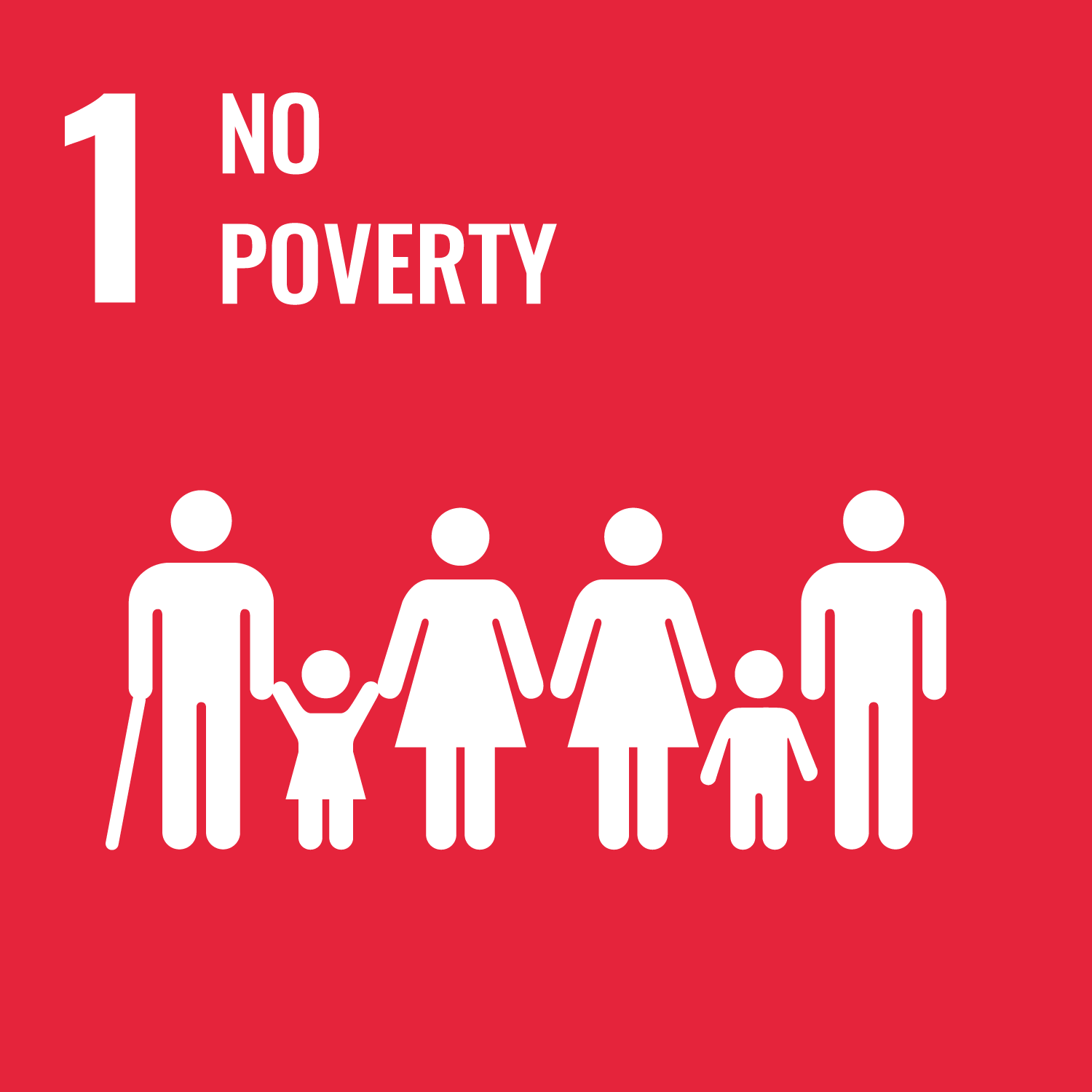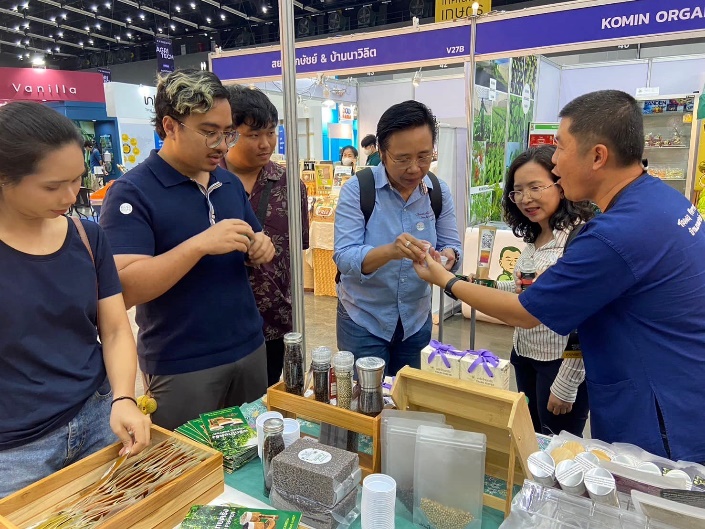Reporters : Assco. Prof. Chuinut Sujarit, Asst. Prof. Somboon Prasongchan,
Asst. Prof. Nutworadee Kanittinsuttitong,Prof. Natta Kachenpukdee
Indicator : 1.4.2
Date : February 23, 2022
Related SDGs:

Rajamangala University of Technology Srivijaya has sought financial support from the Agricultural Research Development Agency for the purpose of conducting research and providing financial aid to local communities that are instrumental in fostering the establishment of sustainable fishing enterprises. This initiative is specifically directed towards enhancing the quality and safety of blue crabs post-harvest. Research has revealed that the blue crab fisheries, initially reliant upon local fishermen, necessitate multifaceted development across several dimensions. This development encompasses the adoption of environmentally responsible fishing practices, the establishment of a reliable source of blue crabs, the maintenance of stringent hygiene standards, both aboard fishing vessels and among fishermen, and the preservation of captured blue crabs during transportation until they are acquired. The blue crab is intended to undergo a transformation process culminating in the attainment of prescribed quality standards, subsequently securing certification from diverse regulatory agencies. Notably, these standards revolve around the principles of sustainable local fisheries, addressing environmental concerns, and upholding the quality of aquatic resources, all of which carry implications for international trade. It is envisaged that the attainment of these standards by fishermen will foster confidence among stakeholders, such as blue crab markets and crab processing enterprises, thereby instilling trust in the capacity of blue crabs that have met these rigorous criteria. This, in turn, extends to consumers, who benefit from the assurance of product quality.
The production of quality blue crabs by local fishermen bears direct repercussions on the remuneration they receive. This, in turn, exerts a profound impact on the quality of life among local fishermen, thereby contributing to the welfare of the community and society at large, as well as bolstering food security. Ultimately, the propagation of these practices contributes to the sustainability of blue crab resources.
Consequently, local fishermen specializing in the procurement of blue crabs have undergone training and capacity building endeavors to augment their knowledge and improve the quality of the blue crabs they harvest. These concerted efforts are aimed at aligning the quality of blue crabs with the stipulated standards set forth by relevant agencies, ultimately culminating in official certification. An inherent objective of this process is to curtail microbial contamination in blue crabs, which in turn impacts the market for aquatic products and the facilities where horse crab fisheries products are processed. The financial allocation from the project has been meticulously adjusted to align with the requisites of these pertinent quality standards. For a more in-depth elucidation of these measures, we encourage you to access the link provided below.



Related Links:




